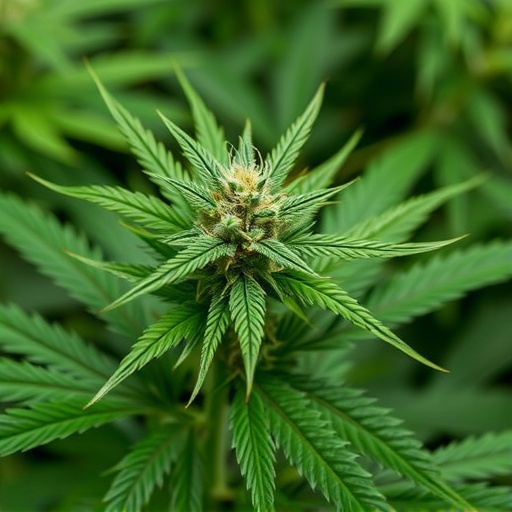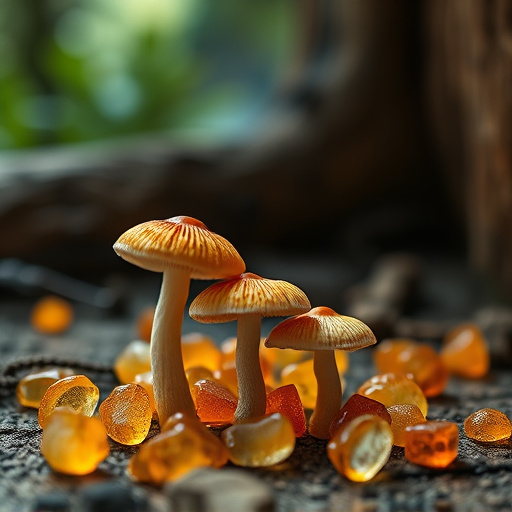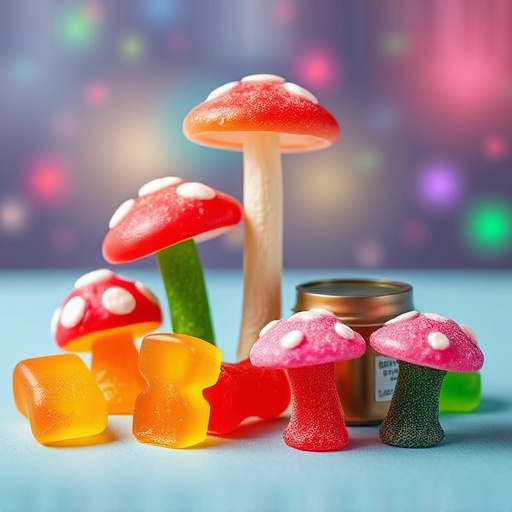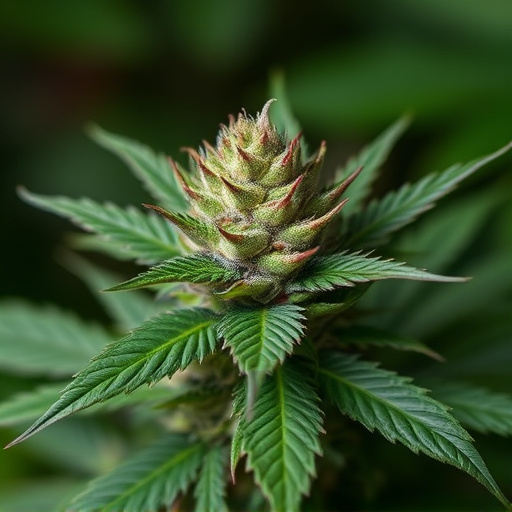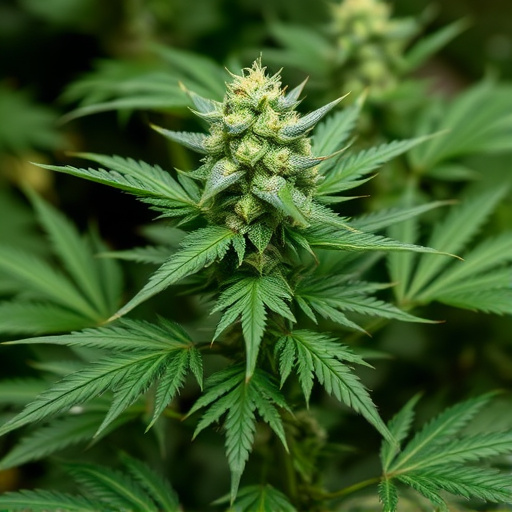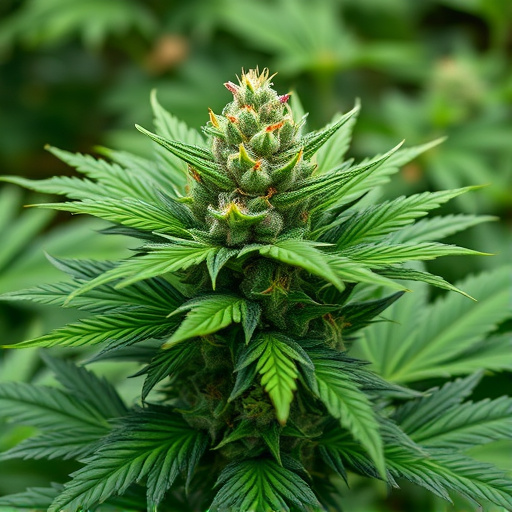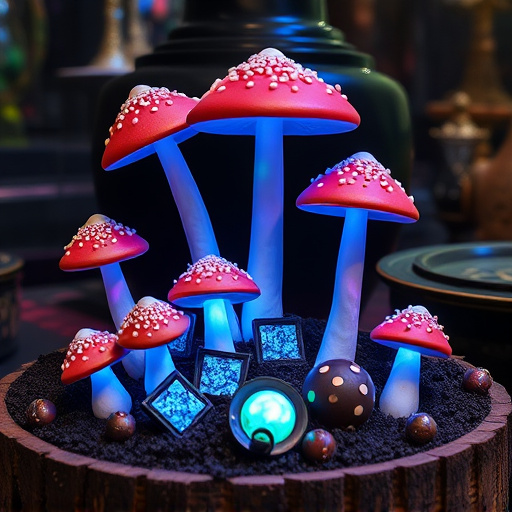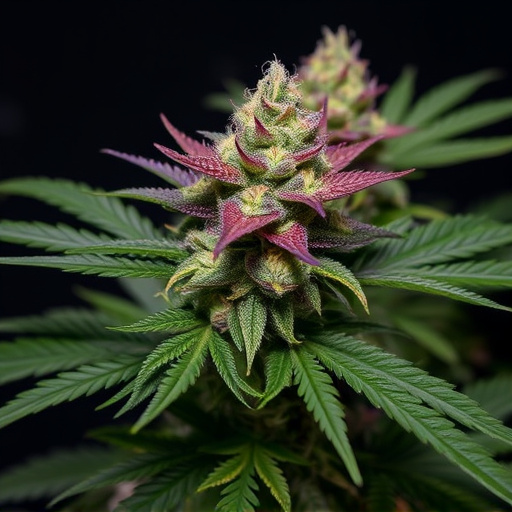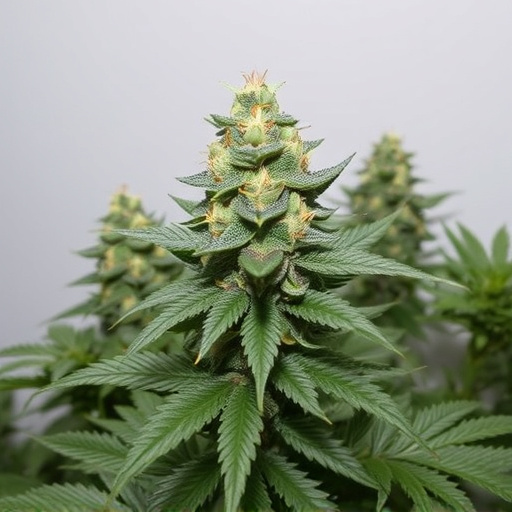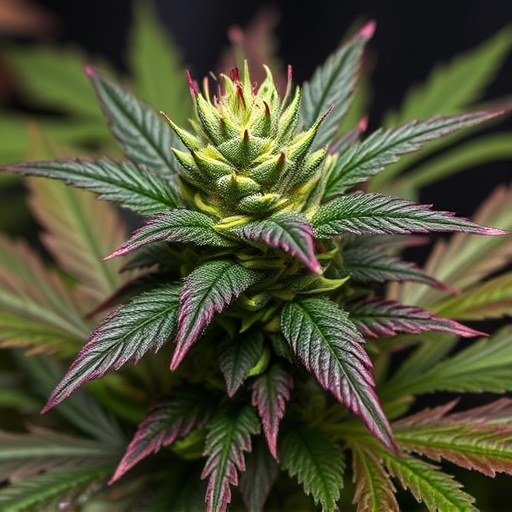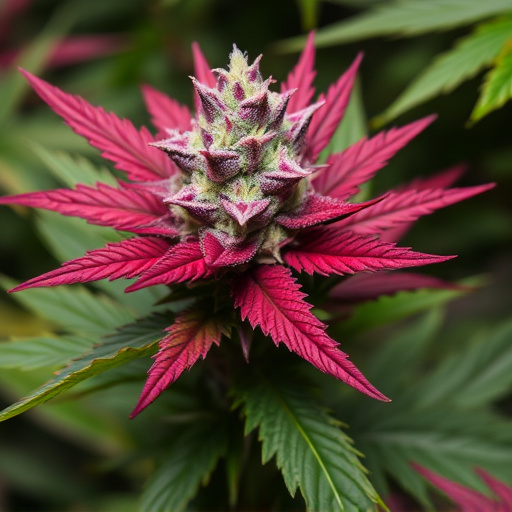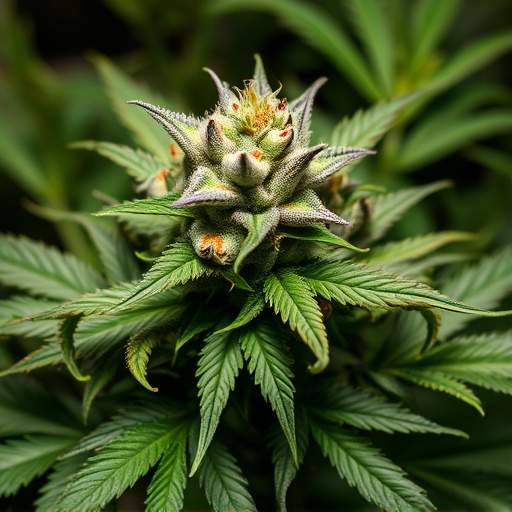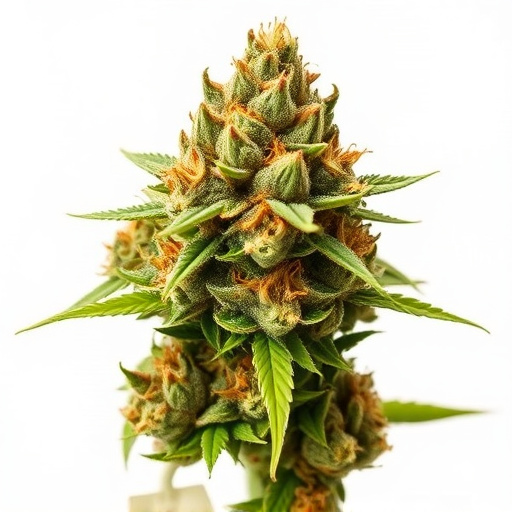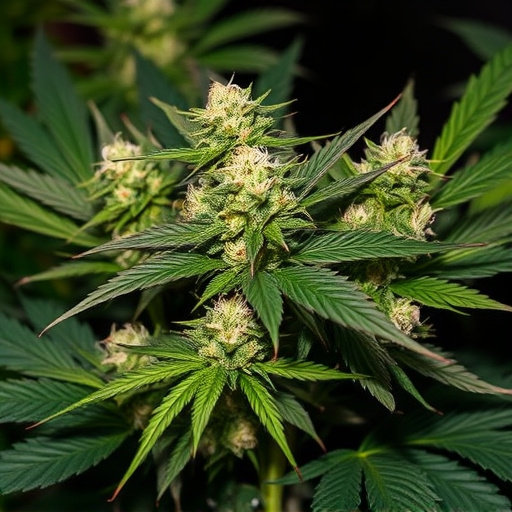Jamaican weed strains are celebrated for their unique composition of high THC and CBD concentrations, coupled with diverse terpene profiles, offering significant medical potential. These compounds work in harmony to provide nuanced therapeutic effects, addressing chronic pain, nausea, anxiety, and inflammation. Terpenes like myrcene, limonene, and pinene further enhance the strains' benefits, making them a promising area of study in medical cannabis research and treatment options for various conditions.
“Unveiling the Medical Potential of Jamaican Weed Strains delves into the remarkable world of cannabis as a therapeutic tool. With its unique chemical composition, these Jamaican strains offer more than just a buzz. The article explores the science behind their active cannabinoids and terpenes, revealing how they interact to provide relief for chronic pain, inflammation, anxiety, and insomnia. By examining current legal landscapes and future research trends, it navigates the evolving medical cannabis landscape, particularly in Jamaica.”
- The Chemical Composition of Jamaican Weed Strains and Their Medical Potential
- – Exploring the active cannabinoids and terpenes in Jamaican weed strains
- – How these chemical components contribute to therapeutic effects
The Chemical Composition of Jamaican Weed Strains and Their Medical Potential
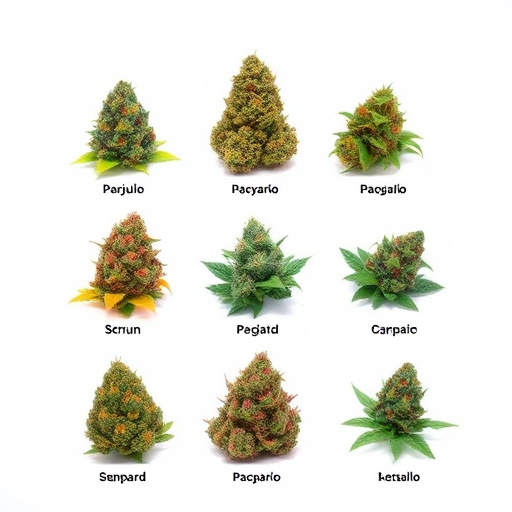
Jamaican weed strains, known for their unique chemical composition, offer a wealth of medical potential due to the diverse array of cannabinoids and terpenes they contain. These strains often boast higher levels of tetrahydrocannabinol (THC), the primary psychoactive compound responsible for cannabis’s intoxicating effects, coupled with balanced or even high concentrations of cannabidiol (CBD), which lacks psychoactive properties but is renowned for its therapeutic benefits. The specific terpene profile in Jamaican weed also contributes to its distinctive aroma and potential therapeutic effects, enhancing the overall medical value.
The combination of elevated THC and CBD levels allows for a more nuanced therapeutic experience. High THC content can provide significant relief for chronic pain, nausea, and appetite loss, while CBD is known to reduce inflammation, alleviate anxiety, and potentially slow the progression of certain neurological disorders. The unique chemical makeup of Jamaican weed strains makes them a promising area of study in medical cannabis research, opening doors to novel treatments for a range of conditions that may benefit from this specific botanical profile.
– Exploring the active cannabinoids and terpenes in Jamaican weed strains
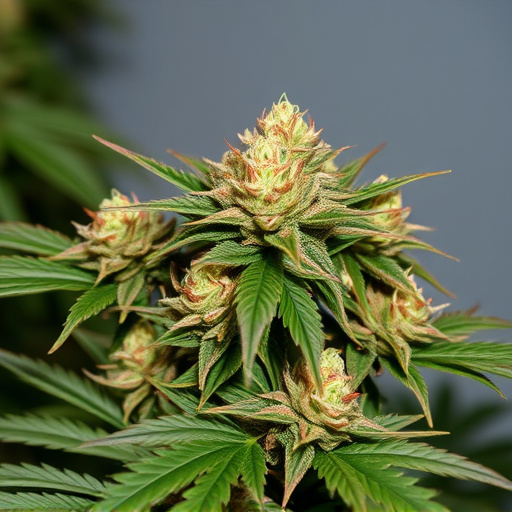
Jamaican weed strains have gained significant attention for their unique composition of active cannabinoids and terpenes, which contribute to their distinct therapeutic potential. These island varieties are known for high levels of cannabidiol (CBD) alongside potent tetrahydrocannabinol (THC) variants. The balance between these compounds offers a diverse range of medical applications. For instance, CBD’s anti-inflammatory properties can alleviate chronic pain and reduce muscle spasms, while THC’s psychoactive effects may provide relief for patients suffering from severe nausea and appetite loss associated with treatments like chemotherapy.
The terpenes in Jamaican strains further enhance their medicinal value. Compounds such as myrcene, limonene, and pinene not only contribute to the distinct aroma and flavor profiles but also possess their own therapeutic benefits. Myrcene is known for its relaxing properties, limonene boosts mood and has anti-inflammatory effects, while pinene aids in respiratory health and cognitive function. The combination of these cannabinoids and terpenes creates a complex bioactive mixture that may offer more effective and targeted treatment options compared to single-compound medications.
– How these chemical components contribute to therapeutic effects

Cannabis flower, or Jamaican weed strains, derives its therapeutic potential from a complex interplay of chemical components, primarily cannabinoids and terpenes. Cannabinoids like THC (tetrahydrocannabinol) and CBD (cannabidiol) are responsible for many of the plant’s effects on the body and mind. THC binds to CB1 receptors in the brain, influencing mood, memory, and pain perception, while CBD interacts with a range of receptors and enzymes, modulating inflammation, anxiety, and even certain neurological conditions.
Terpenes, on the other hand, contribute to the unique aromas and flavors of different Jamaican weed strains while also offering their own therapeutic benefits. These aromatic compounds have been shown to enhance or modify the effects of cannabinoids. For instance, myrcene, a common terpene in cannabis, has sedative properties that can enhance the relaxing effects of THC. Limonene is known for its uplifting and energizing qualities, which can complement lower doses of THC for a more balanced experience. The combination of cannabinoids and terpenes in Jamaican weed strains creates a diverse range of therapeutic potential, catering to various medical needs and individual preferences.
Jamaican weed strains, renowned for their unique chemical composition, offer significant potential in the medical field. The active cannabinoids and terpenes within these strains hold promise for various therapeutic applications, providing a natural approach to managing pain, inflammation, and anxiety. Further research into these specific strains could lead to groundbreaking advancements in medicinal cannabis use, expanding our understanding of its benefits and solidifying its role as a valuable resource in healthcare.

